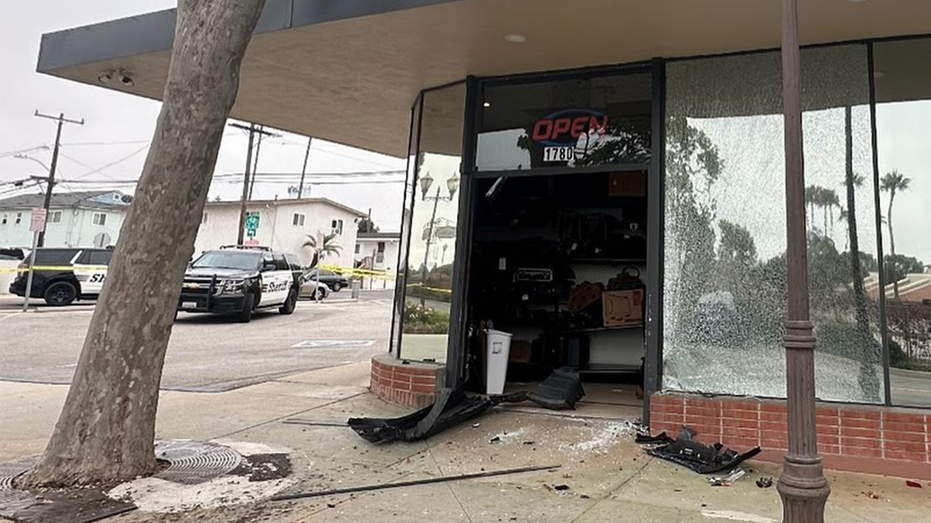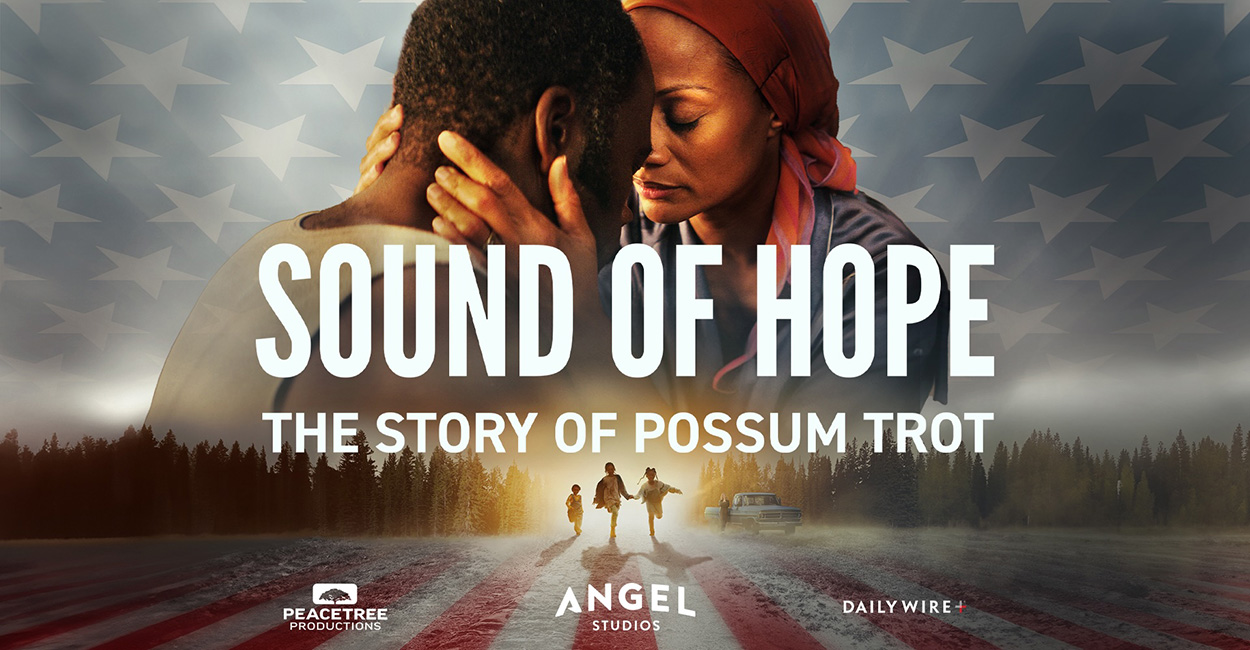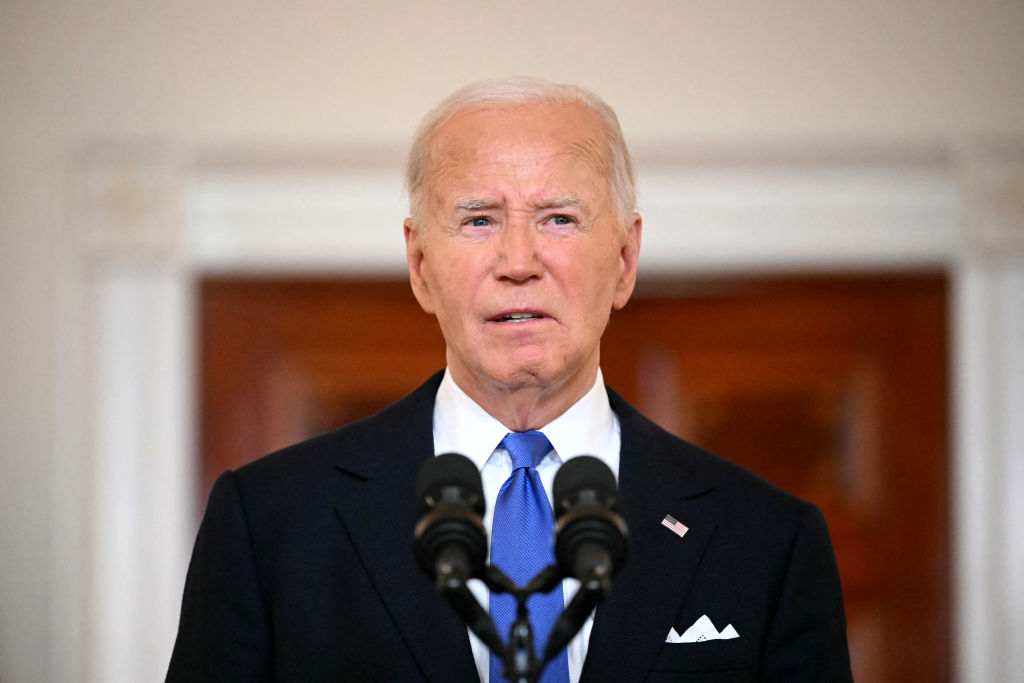

(Photo by Joe Kovacs)
[Editor's note: This story originally was published by Real Clear Wire.]
By Pravin R. Jethwa
Real Clear Wire
President Biden has been consistent over the past two years in ruling out the dispatch of U.S. troops to fight Russia in Ukraine.
In his State of Union address on March 7, he publicly reiterated once again that “there are no American soldiers at war in Ukraine, and I’m determined to keep it that way.”
But Biden is being increasingly boxed in by some of America’s closest allies to cross the line.
French President Emmanuel Macron, in particular, has repeatedly called for Western powers to not rule out the sending of NATO troops into Ukraine, which predictably baited Vladimir Putin to climb yet another rung up the nuclear escalation ladder.
Is the U.S. on the brink of nuclear war courtesy of Joe Biden?
0% (0 Votes)
0% (0 Votes)
Yet, despite Macron’s belligerence, no American president will lightly risk an all-out nuclear confrontation with Russia. Admitting Ukraine into NATO now or sending U.S. troops to fight there would mean, Biden warned last year, “We’re at war with Russia.”
Biden’s position is historically consistent with nuclear weapons policy of all U.S. presidents since the late 1940s, when the Soviet Union first acquired atomic arms and subsequently the means to retaliate against the United States and its Western allies.
Since then, mutual deterrence has become an inescapable fact of life in U.S.-Russia relations which largely prevails to this day.
This is not to say that atomic weapons prevented Moscow or Washington from stumbling into dangerous crises during the Cold War years. Their sheer destructiveness and mutual awareness of the dangers, however, prevented U.S.-Soviet confrontations over Berlin, Cuba, and the Middle East from escalating into World War III — a succession of crises that in any other era would undoubtedly have culminated in great power war.
The absence of superpower war, importantly, was also brought about by the evolution of tacit and sometimes explicit “rules” of crisis management and prevention in superpower relations. These included, especially in Europe, the establishment of respective U.S. and Soviet-led alliances and spheres of influence which clearly demarcated both alliances’ core strategic and geopolitical interests.
Techniques for crisis management, in addition, were quickly learned and operationalized in both Moscow and Washington in the aftermath of the 1962 Cuban missile crisis. These included the careful deployment of military forces for signalling and bargaining purposes, control of escalation alerts, the setting up of the hotline to maintain top-level communications between the Kremlin and the White House, and, above all, the limiting of objectives and demands upon the adversary – the ‘golden ladder’ rule - to enable crisis resolution.
The combination of crisis management and diplomatic practices, buttressed by the commencement of strategic arms control negotiations towards the end of the Johnson administration, the Nixon-Kissinger policy of détente and persistent high-level diplomacy, and, more broadly, a shared learning of nuclear dangers culminating in the Reagan-Gorbachev declaration that “nuclear war cannot be won and must never be fought,” contributed over time to stabilizing the U.S.-Soviet Cold War rivalry.
Yet in the final analysis, it was the very existence of nuclear weapons – or what President Kennedy’s national security adviser McGeorge Bundy later called “existential deterrence” – that had a decisive bearing on preventing U.S.-Soviet confrontations from escalating to war when the strategic chips were down over Hungary in 1956, Berlin in 1961, Cuba in 1962, and the Yom Kippur war in 1973.
In addition to nuclear deterrence, the most crucial of the crisis prevention measures – and the one that historically underpinned Cold War peace in Europe for over four decades – was not to encroach directly upon a nuclear-armed adversary’s borders or geopolitical space and thereby overthrow the balance of power.
Yet arguably, overthrowing the European balance is precisely what NATO’s successive waves of enlargement over a 25-year period has accomplished vis-à-vis Russia, thereby destabilising what was largely a settled European security order inherited from the end of the Cold War in the early 1990s and the era of “long peace”.
With the near breakdown in relations between the Western powers and Russia, accidental military encounters in or around Ukraine between the two sides or deep strikes against Russia’s nuclear warning and command and control nodes, could in some circumstances outrun political decision-making in allied capitals or in Moscow and rapidly lead to a cascade of military alerts and pre-emptive pressures between NATO and Russian forces deployed, primed and operating in close proximity in a hot war zone.
Although the nuclear threat has thus far prevented the Ukraine war from escalating into a U.S.-Russia fight, U.S. and Russian policymakers will quickly need to re-discover the benefits of persistent high-level diplomacy, strategic restraint, i.e., not backing a nuclear-armed adversary into a corner and operationalize some mix of crisis management practices such as those that prevented an all-out war during the Cold War years.
Given the current fracture in U.S.-Russian relations, the alternative is nuclear escalation by sheer mischance.
Pravin R. Jethwa is a writer on defense and international security based in London.
This article was originally published by RealClearDefense and made available via RealClearWire.
SUPPORT TRUTHFUL JOURNALISM. MAKE A DONATION TO THE NONPROFIT WND NEWS CENTER. THANK YOU!

















